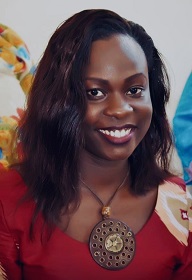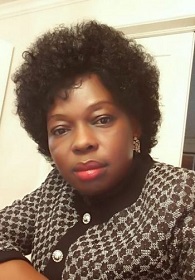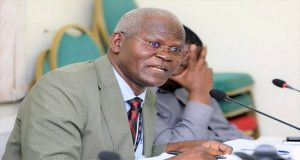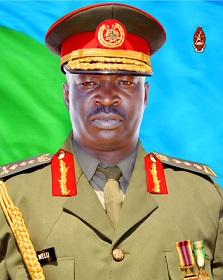
By An Executive Editor
Day after another, the need for Sexual Reproductive Health Rights and Education arises.
Organizations and individuals have taken upon themselves to offer these services for free in the communities.
Joseline Atuhura, a Female Youth in Kiryandongo to the National Youth Council is one individual who has dedicated her personal resources towards sensitizing the women and girls on SRHR/E.
Challenges notwithstanding, Atuhura is determined to live in an empowered community.
In this Q & A, Atuhura tells us her story…..
Joseline Atuhura
Question: What is it that you are doing that’s different?
Answer: I am not doing anything different from others but I think I am just one of those who are standing out for the young people in their districts. I advocate for contraceptive use in adolescents and young mothers (ages 14 t0 24). We have young mothers at age. As early as 14 or 15, you find someone in the rural area already bearing a child and if you don’t subject them to contraceptive use, definitely there won’t be child spacing and you know because of poverty, they won’t be able to take care of their little one.
Question: What would you say inspired you to do what you are doing?
Answer: I got my inspiration from 2020 during the Covid-19 lockdown when in my district the numbers of teenage pregnancies hiked because of Covid-19. From March up to June (2020), we had about 3,014 cases. So, I had to go out and start advocating (I lobbied for some other organizations because in my district, we have a refugee settlement and it has many organizations. Luckily enough, I was signed by USAID as a Youth Champion to advocate more and more). What we do is that we go out, reach out to different groups in the community (as long as it is a gathering) and we talk to them about the Sexual Reproductive Health Rights and Education and we give them services like condoms, and the different reproductive health services.
Question: Over 2 years operating in this space. What do you see and where is the hope?
Answer: We are already registering some big changes because the numbers have reduced. We also go on and talk about HIV (being a killer disease because when Covid-19 hit, people forgot about HIV. So, as Youth Champions in my district, I make sure that we talk about HIV and how to live safe and then if you are infected, how you can live with it without spreading it, where and how you can take your ARVs. And then, as youth in my district and being the secretary for female youth affairs, we also carryout counseling and guidance services in schools but we only target S.4, 5 and 6 students where we give them career guidance. We also give them counselling on how to live in school without involving themselves in sexual behaviors, dating at school, etc.
Question: What challenges do you face while engaging the women and girls?
Answer: Everything has changed. Even advocacy or something you can do voluntarily has changed to being monetary. Let’s take a scenario. You are going somewhere to advocate free of charge, you don’t expect any payment, but the people you are going to talk to are expecting payment. That is the biggest challenge we are having. Just organizing a group and maybe asking for their time, they expect where to sign and maybe expect money afterwards or on mobile money. They have really tried to hinder us. Drinks (refreshments). Personally, I have faced the challenge of transport. Getting to the rural areas where the roads are not good. You have to get at least a Jaj (motorcycle) and fuel it with a colleague and go. All that.
Question: So, how do you deal with the challenges?
Answer: When you get a passion for something, you become limitless – like nothing stops you. When I feel challenged. That I can’t handle crowds. I target school going children/girls. Oftentimes I meet them on the roads or after classes in the evening. Young girls of say 13 (in P6 or P7) don’t ask for money. The only challenge that you get is during holidays. When you move to the communities and when they interact with the people in the community, maybe that’s the only challenge I get but mostly, I focus on these teens (12, 23, 14 and 16). The other challenge that I have tried at least to handle is with sex workers. Sex workers loved money so much. You couldn’t talk to any without giving them a penny. So, what we did was that we first made sure that they formed groups. And we partnered with other organizations and told them to form groups, which groups we are going to use to skill them in hands-on skills like tailoring or other skilling needs. So, when we are going to meet them, we meet them in the name of that skilling initiative but then we still talk about the sexual reproductive part of it. How to use condoms, and all.
Question: Finally, what does the future look like?
Answer: All I want is to create an impact, as long as I change lives. I don’t know what the future holds but I want to see a Kiryandongo and Uganda where women are able to access quality sexual reproductive health services, where women are treated with dignity and respect and where our finances as women are just the same as men’, where there is equity and equality in everything. That’s when I will say my future has been secured.






